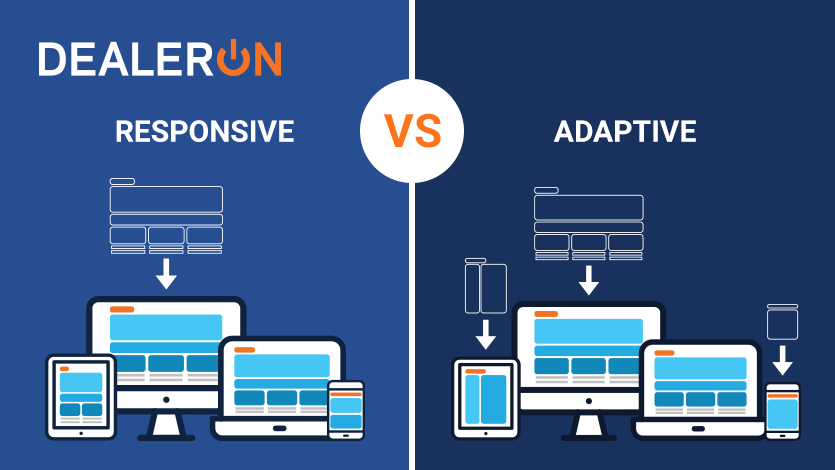The tragedy that has affected southern Texas in the aftermath of Hurricane Harvey is a cause that many Americans feel close to heart. It is estimated that Harvey caused at least $40 billion worth of damage, not to mention the homes and lives it destroyed and disrupted. Many Americans are looking for ways that they can give back, and we’ve found an opportunity specifically for the automotive industry.
DealerOn has partnered with Dealers United and the CauseNetwork Foundation, a nonprofit that aims to help businesses support causes that are close to them, to try and make a difference in the lives of those affected by Hurricane Harvey. This will give dealerships the chance to help other dealers and their communities to rebuild their businesses and homes after the destruction.
This partnership will allow dealers to create custom charity programs catered to their specific dealerships. Dealers can donate cars, a percent of their proceeds, or work with the foundation to find other means of supporting the hurricane victims. And after the hurricane damage is assessed, dealers can continue to work with the CauseNetwork Foundation on other causes and charities that they believe in.
CLICK HERE FOR DEALERS UNITED
CLICK HERE FOR THE CAUSENETWORK
In a time of crisis, it’s important for communities to come together. The automotive industry is a close-knit group of individuals who know all too well the importance of this. Through this partnership, dealers can lend a hand to those who need it most, including fellow businessmen and women.
You can go here to get in touch with a CauseNetwork specialist and to begin making a difference.



